1. Soothe skin with virgin coconut oil
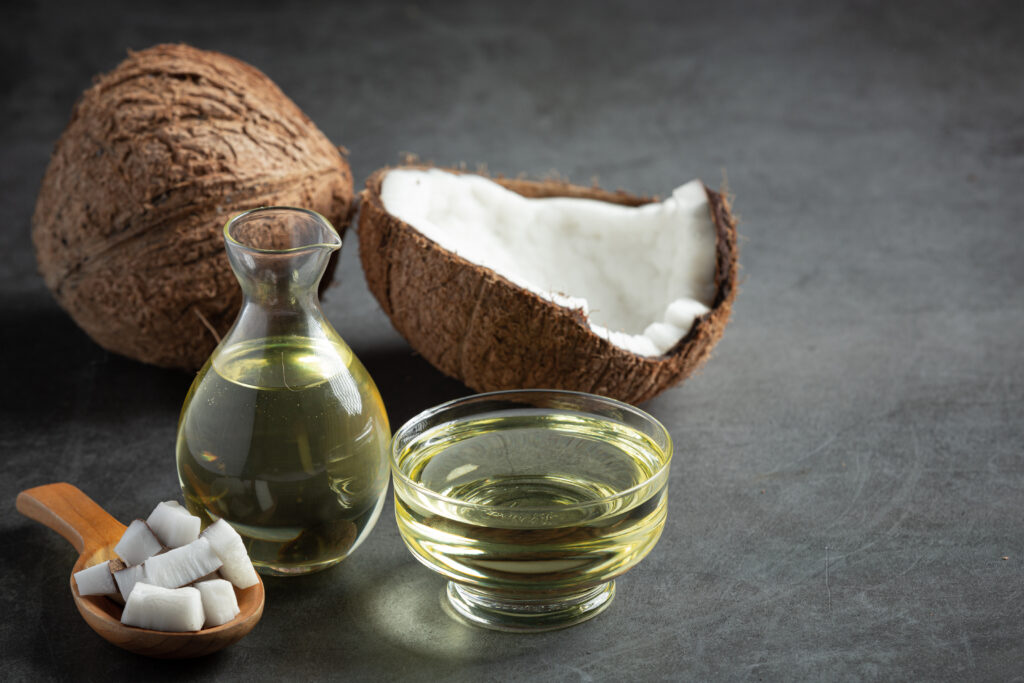
Coconut oil can be used as a moisturizer because it helps reduce inflammation and contains antioxidants. However, it’s not suitable for all skin types, especially if you have a coconut allergy.
If your skin handles it well, you can use it in several ways:
- To remove makeup.
- To calm your skin.
- To give your skin a healthy, dewy glow.
You can also massage a small amount onto your face, let it sit for a few minutes, and then wash it off with your usual cleanser.
Continue Reading This Article
[articlepage]
2. Use aloe vera to keep skin strong and healthy
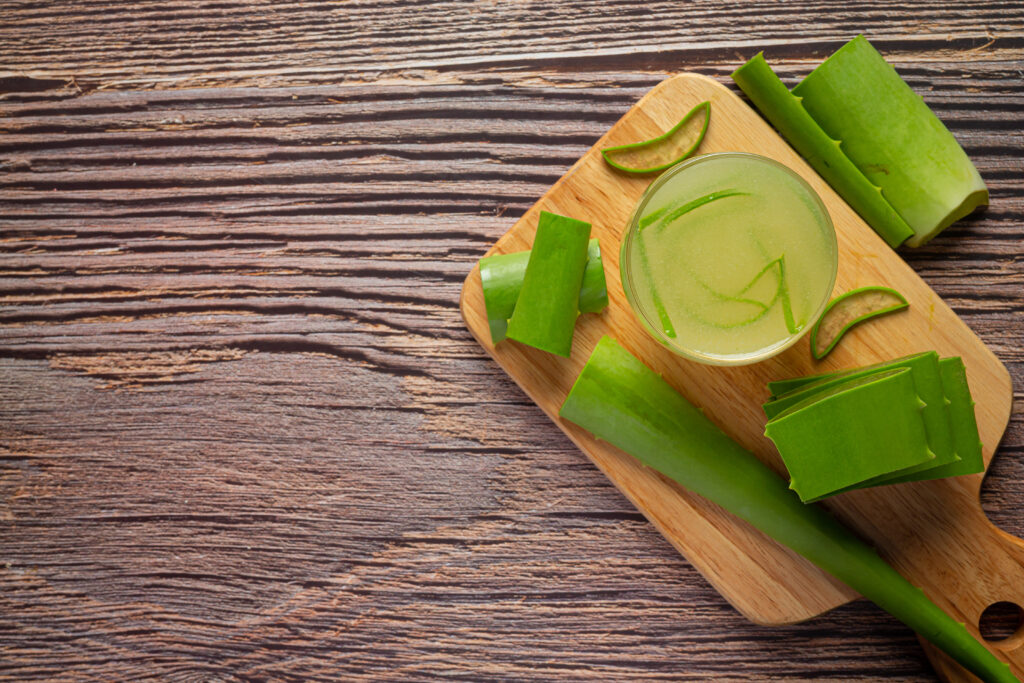
Aloe vera is known for its ability to help skin heal. It can encourage the growth of new cells, which may help improve your skin’s appearance. Incorporating aloe vera into your daily skincare routine, such as applying it after you wash your face, can give your skin a healthy, natural glow.
However, it’s important to know that some people may have an allergic reaction to aloe vera. Before you apply it to your face or a larger area of your body, it’s a good idea to do a patch test. Simply rub a small amount of the product on your forearm and wait for 24 hours. If you don’t notice any redness, itching, or other irritation, it’s generally safe for you to use. This simple step helps ensure you can enjoy the benefits of aloe vera without any adverse reactions.
Continue Reading This Article
[articlepage]
3. Moisturize properly after washing your face
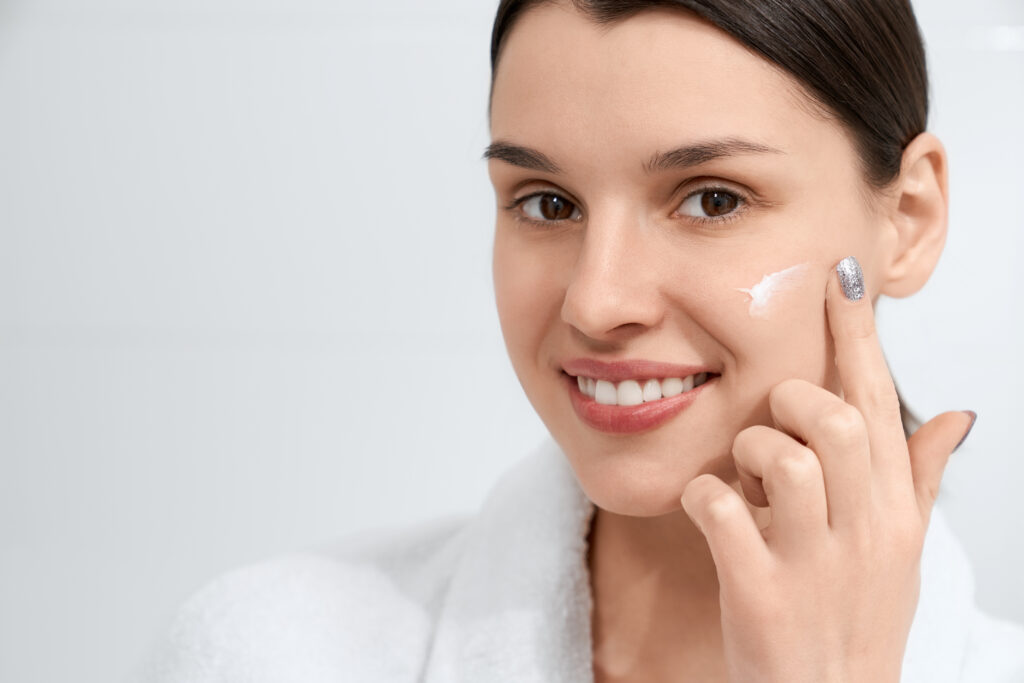
To get skin that glows, it’s good to use moisturizers that trap water in your skin. When your skin feels dry, you should not exfoliate, because this can damage it.
It’s best to put on moisturizer right after you get out of the shower or wash your face, while your skin is still damp. This helps your skin absorb more moisture deeply, instead of just making the surface feel smooth.
For an added boost, look for moisturizers with ingredients like hyaluronic acid or glycerin, as they are excellent at drawing and holding onto water. Remember, consistent hydration is key. Protecting your skin from harsh winds and extreme temperatures can also help it retain moisture and stay healthy and radiant. These small changes can make a big difference in how your skin looks and feels over time.
Continue Reading This Article
[articlepage]
4. Wear sunscreen daily
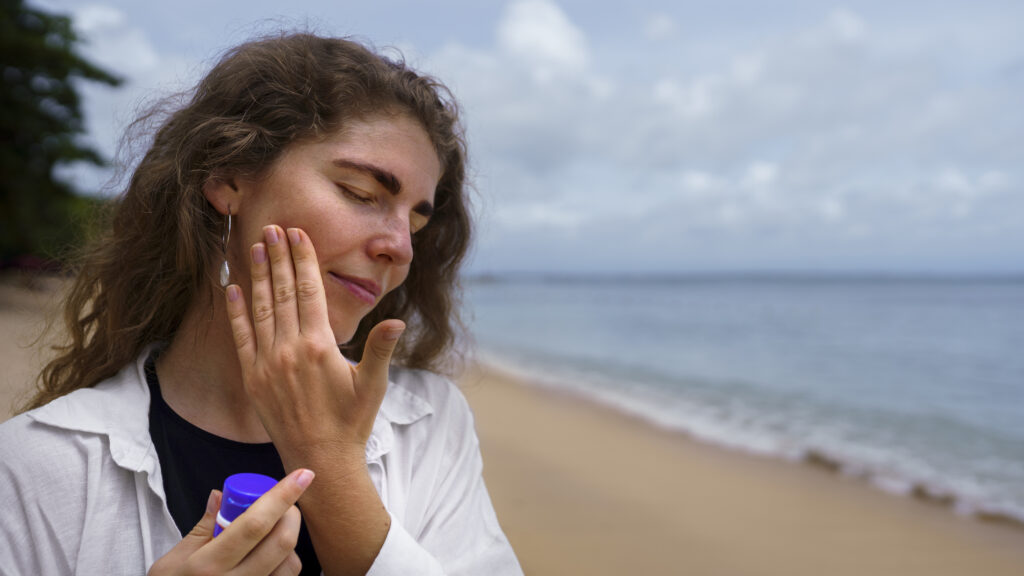
Wearing sunscreen is a great way to protect your skin. By using a product with an SPF of 15 or higher, you can help lower your risk of developing skin cancer. Sunscreen also helps fight against photoaging, which is when the sun’s UV rays make your skin age faster.
It’s a good idea to put on sunscreen every morning. Even on cloudy or rainy days, those UV rays can still get through, so it’s important to make it a daily habit to keep your skin safe and healthy
Continue Reading This Article
[articlepage]
5. Find a cleansing routine that works
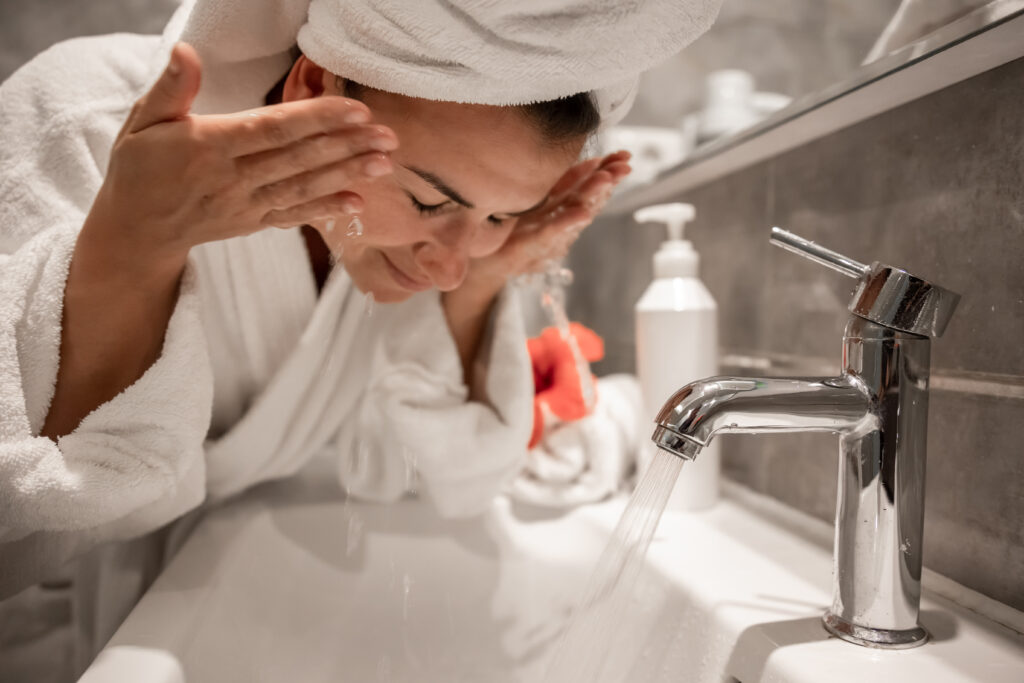
Don’t over-wash your face. Washing too often can strip your skin of its natural moisture, which can make it feel dry. It can also cause your skin to overproduce oil to make up for what’s lost, leading to an oily complexion.
The best times to wash your face are after you’ve been sweating, when you wake up in the morning, and before you go to sleep at night. This routine helps keep your skin balanced and healthy.
Continue Reading This Article
[articlepage]
6. Avoid smoke and secondhand smoke

Smoking is terrible for your skin. When cigarette smoke touches your face, it covers your skin with harmful chemicals. This process causes oxidative stress, a type of damage to your skin cells. This stress makes your skin age faster than it should, causing you to look older prematurely.
Continue Reading This Article
[articlepage]
7. Drink more water
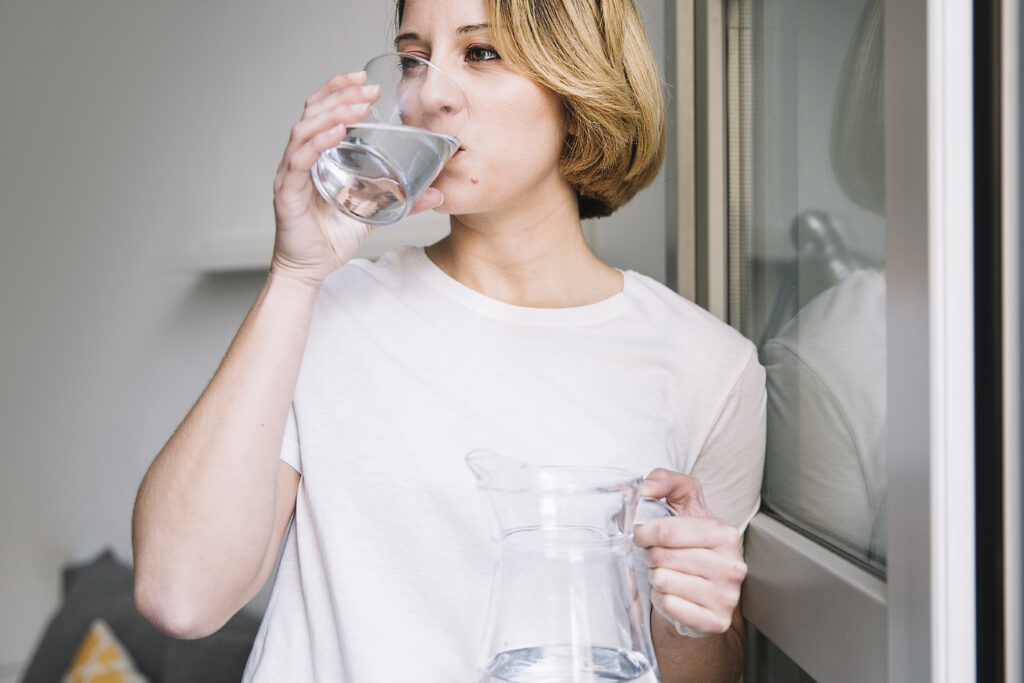
Your skin is made of tiny parts called cells, and these cells need water to work properly. While scientists are still studying the full relationship between drinking water and healthy skin, a major 2021 study found a strong connection. This research suggests that people who drink more water tend to have healthier skin. So, even though more research is being done, staying hydrated is a simple way to help keep your skin looking good.
Continue Reading This Article
[articlepage]
8. Eat to nourish your skin

Try eating more fruits and vegetables. They are packed with vitamins and antioxidants that your body needs. It’s also a good idea to include healthy fats in your diet, such as those found in fish. These fats may have a direct link to a more vibrant complexion.
At the same time, it’s best to avoid processed foods that are full of preservatives. These types of foods can have a negative impact on your skin’s appearance. By focusing on whole foods and healthy fats, you’re not only helping your body on the inside but also giving your skin a chance to glow. This simple change in your eating habits can make a noticeable difference in how your skin looks and feels.
Continue Reading This Article
[articlepage]
9. Take probiotics

Adding more probiotics to your diet can benefit you in a few ways. For starters, probiotics can give your immune system a boost, helping you fight off sickness. They also improve your digestion, helping your body break down food more effectively. This can also help reduce uncomfortable symptoms like bloating and inflammation.
Some research also suggests probiotics may be beneficial for your skin. For example, a 2023 study found that probiotic supplements could improve overall skin health, giving you a more radiant and glowing look. In short, these tiny organisms play a big role in your body, from your gut to your skin.
[articlepage]
Continue Reading This Article
10. Shorten your shower
Hot water feels good and can open your pores. But too much hot water can hurt your skin. It washes away the good oils that keep your skin healthy. This can make your skin look tired. So, try not to use very hot water for a long time.
You can also try turning the water cooler at the end of your shower. This can help your skin look better.